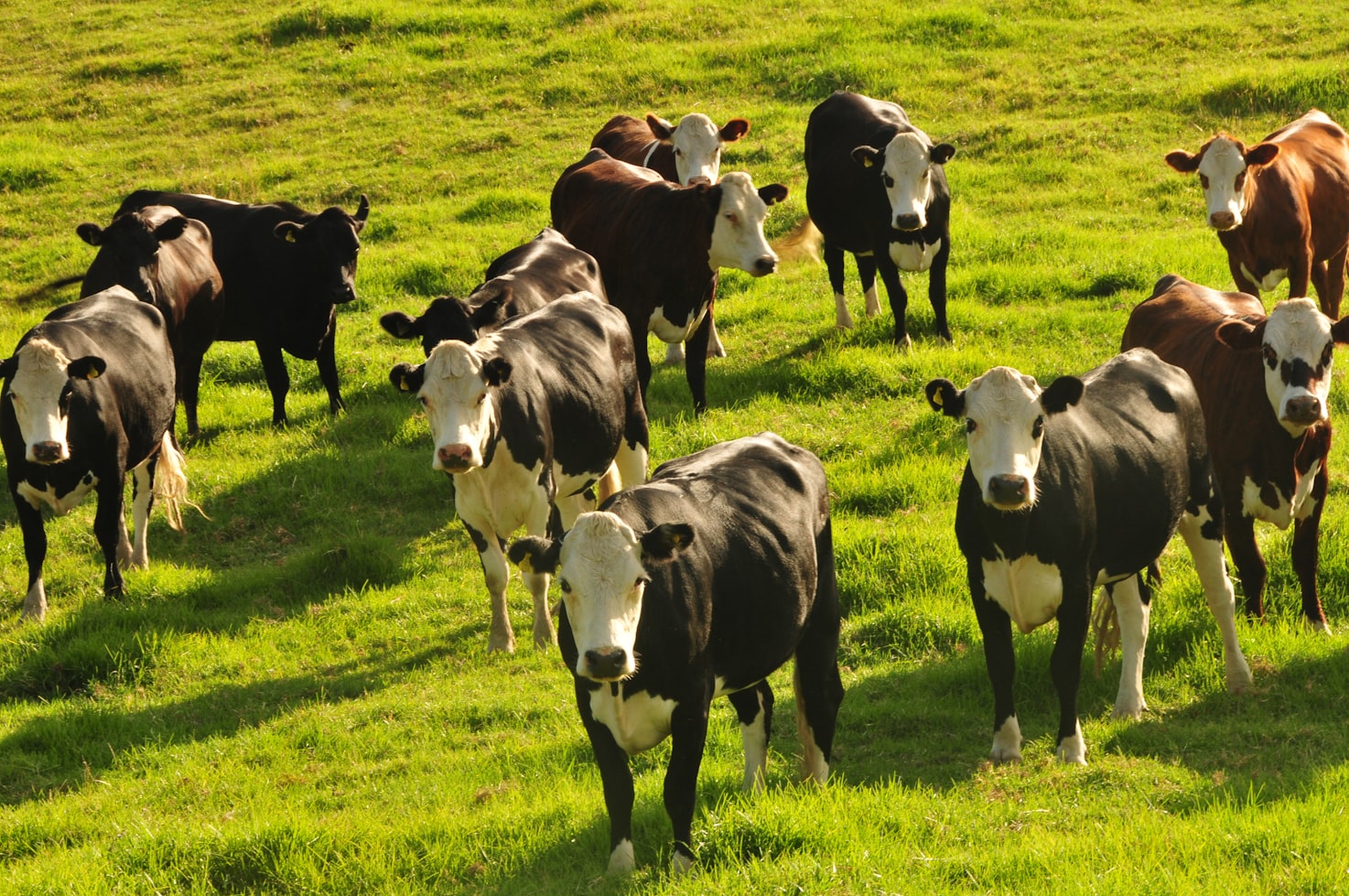How Many Grams Of Sugar To Stay In Ketosis
Following a ketogenic diet involves drastically reducing your carbohydrate intake and replacing it with healthy fats. This dietary approach aims to put your body into a state of ketosis, where it primarily burns fat for fuel instead of carbohydrates. While carbohydrates are typically limited on a ketogenic diet, it’s important to understand how many grams of sugar you can consume while still maintaining ketosis. In this article, we will explore the recommended sugar intake for ketosis, the impact of sugar on ketosis, and provide valuable insights to help you stay on track with your ketogenic lifestyle.
The Role of Carbohydrates in Ketosis
Carbohydrates are the body’s primary source of energy. When you consume carbohydrates, your body breaks them down into glucose, which is then used as fuel. However, on a ketogenic diet, the goal is to minimize carbohydrate intake to force your body to burn fat for energy instead. By limiting carbohydrates, your body enters a state of ketosis, where it produces ketones from fat breakdown to fuel your brain and muscles.
The Impact of Sugar on Ketosis
Sugar is a type of carbohydrate that can quickly spike your blood sugar levels. Consuming sugar can lead to an insulin response, which inhibits ketone production and can kick you out of ketosis. Therefore, it is crucial to monitor your sugar intake to maintain ketosis effectively.
Recommended Sugar Intake for Ketosis
While there is no specific recommended daily allowance for sugar on a ketogenic diet, most experts suggest limiting your sugar intake to 20-50 grams per day to stay in ketosis. However, it’s important to note that everyone’s tolerance to carbohydrates and sugar can vary. Some individuals may need to consume fewer than 20 grams of sugar per day to achieve and maintain ketosis, while others may be able to consume slightly more.
Factors Affecting Sugar Tolerance in Ketosis
Several factors can influence your sugar tolerance while maintaining ketosis:
- Metabolic Health: Individuals with insulin resistance or metabolic disorders may need to limit their sugar intake more strictly to achieve ketosis.
- Activity Level: Highly active individuals may have a higher tolerance for sugar due to increased energy expenditure.
- Body Composition: People with higher muscle mass may have a higher sugar tolerance as muscles can store glycogen.
- Genetics: Some individuals may have a genetic predisposition to better handle carbohydrates and sugar.
Monitoring Sugar Intake on a Ketogenic Diet
Tracking your sugar intake is essential to ensure you stay within your desired range for ketosis. Here are some tips to help you monitor your sugar intake:
- Read Food Labels: Pay attention to the total carbohydrate content and sugar content listed on food labels. Be cautious of hidden sugars in processed foods.
- Choose Low-Sugar Foods: Opt for whole, unprocessed foods that are naturally low in sugar, such as leafy greens, non-starchy vegetables, and healthy fats.
- Use Sugar Substitutes: If you have a sweet tooth, consider using sugar substitutes like stevia or erythritol, which have minimal impact on blood sugar levels.
- Track Your Macros: Utilize a food tracking app or journal to keep track of your daily carbohydrate and sugar intake.
Frequently Asked Questions (FAQ)
1. Can I consume any type of sugar on a ketogenic diet?
No, it is recommended to avoid refined sugars and high-fructose corn syrup on a ketogenic diet. Instead, focus on natural sources of sugar, such as small amounts of berries or other low-sugar fruits.
2. Will consuming sugar alcohols affect ketosis?
Sugar alcohols, such as erythritol and xylitol, have minimal impact on blood sugar levels and can be subtracted from the total carbohydrate count. However, it’s important to be mindful of individual reactions, as some people may experience digestive issues with certain sugar alcohols.
3. Can I have cheat days with higher sugar intake and still maintain ketosis?
Having occasional cheat days with higher sugar intake can disrupt ketosis and make it more challenging to get back into ketosis. It’s best to maintain consistency with your carbohydrate and sugar intake to achieve optimal results.
4. Are there any health risks associated with consuming too much sugar on a ketogenic diet?
Consuming excessive amounts of sugar, even on a ketogenic diet, can lead to negative health effects such as weight gain, increased inflammation, and an increased risk of chronic diseases. It’s important to prioritize nutrient-dense, low-sugar foods for overall health.
5. Can artificial sweeteners be used as a sugar substitute on a ketogenic diet?
Artificial sweeteners, such as aspartame and sucralose, are generally considered safe for consumption on a ketogenic diet. However, some individuals may experience cravings or adverse reactions to artificial sweeteners, so it’s important to listen to your body and choose alternatives that work best for you.
6. Can I consume sugar during exercise without affecting ketosis?
During intense exercise, your body may utilize glucose for immediate energy needs. Consuming small amounts of sugar during exercise may not significantly impact ketosis, especially if you are highly active. However, it’s important to prioritize healthy sources of carbohydrates, such as fruits or glucose gels, rather than refined sugars.
Summary
Staying in ketosis requires careful monitoring of your sugar intake. While the recommended sugar intake for ketosis is around 20-50 grams per day, individual tolerance may vary. Factors such as metabolic health, activity level, body composition, and genetics can influence your sugar tolerance. It’s crucial to track your sugar intake, choose low-sugar foods, and utilize sugar substitutes if needed. Remember to prioritize nutrient-dense, whole foods to support overall health while following a ketogenic diet. By understanding the impact of sugar on ketosis and making informed choices, you can successfully maintain ketosis and reap the benefits of this dietary approach.





